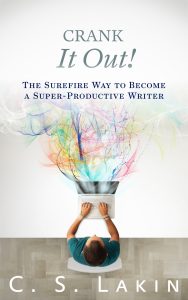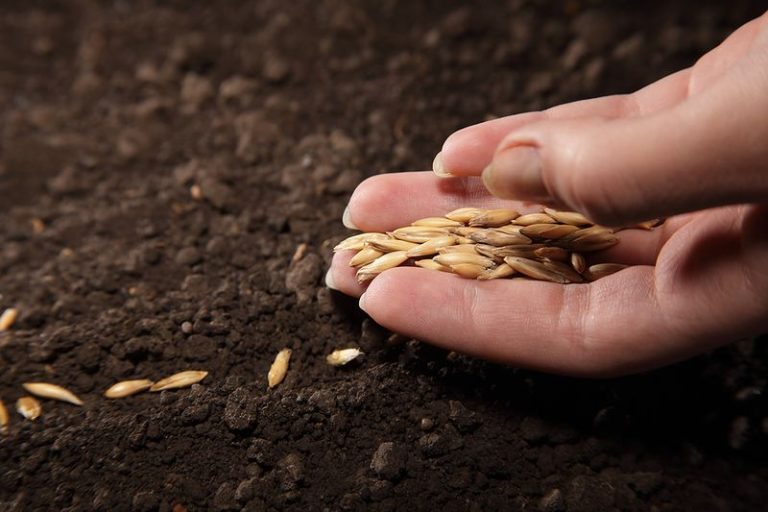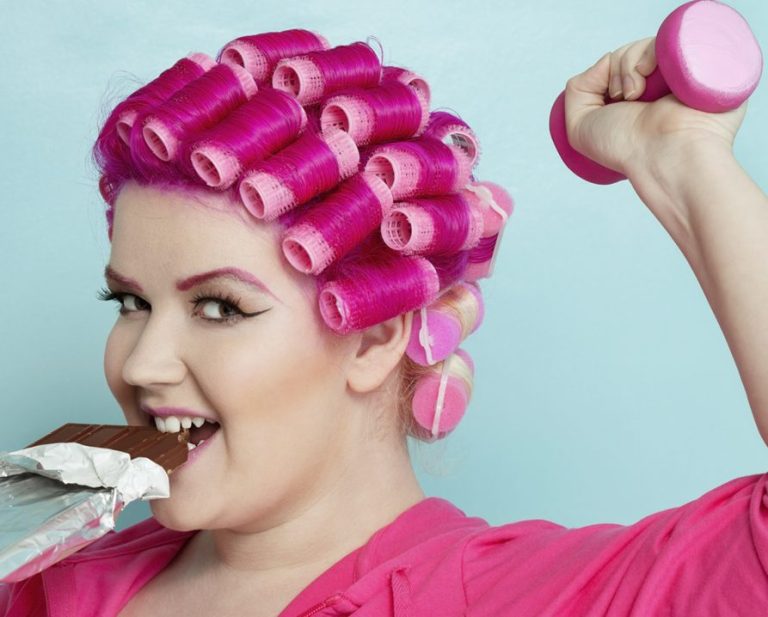6 Tips to Help Writers Function at Their Peak
Over the last few weeks we’ve been examining the role our biology plays in being productive (or not). Let’s go a bit further in this exploration of biology, the “B” in our Productivity ABCs (along with attitude and choices). We looked at how we can derive our prime biological time for writing, and we’ve seen some ways we can make adjustments in our routines for greater productivity.
But there’s so much more to examine.
So let’s look at some other factors that can influence our productivity, and these have to do with ensuring we function at our peak performance level.
Basic body needs have to be met, and often we neglect these.
- Get enough sleep. If you’re like me, and maybe most adults, you overrate sleep. It’s a waste of time, right? I mean, should we really spend one-third of our life checked out? I wish we didn’t ever have to sleep. Why not just a half-hour power nap a day to call it good?
Wishful thinking aside, we have to accept that we need sleep. Sleep deprivation leads to low productivity. Without that good night’s sleep, our brains can feel foggy and unfocused. That cup of coffee may seem to wake us up, but it’s an illusion.
Good sleep improves our ability to think clearly, retain information, control our emotions and behavior, and stay alert. Sleep refreshes the brain so that when we tackle our tasks, we have that energy and concentration that’s needed. So don’t neglect your sleep (more on this in later posts).
- Drink lemon water. Or water with some other fruit in it. This is a great substitution for coffee. Lemons and other citrus have great energy-boosting properties with no bad side effects. Some people prefer green tea for this reason (I drink a decaf green tea since I can’t have large amounts of caffeine). Consider hot water with lemon and honey if you’re cold. It will hydrate your lymph system.
Lemon water is also antibacterial, antiviral, and immune-boosting. It can rid you of headaches, improve your digestion, and reduce acidity in the body. And, best of all, it increases cognitive capacity and improves mood, helping you on your way to that peak productive zone.
- Exercise daily. If you’re like me, you feel exercise is the worst waste of time. I’ll be sitting at my computer thinking how I need to head out to my yoga class or put in my two-mile run. There is never a time during the day when I want to exercise instead of writing or working on something pressing in my schedule. I’d rather scrub the toilet. But I make myself do it because I know that my writing and writing productivity are dependent on my good health.
When we exercise regularly, we have more energy overall. We sleep better. We feel better. We have a more positive attitude about ourselves, and that spills over into other areas of our life.
Some writers have found a way to write while walking on a treadmill. That’s on my list of things to try.
Exercise reduces stress, and we sure have more than enough stress in our lives. It stimulates growth of new brain cells, which improves overall brain function. Those new brain cells allow you to be more efficient, think clearly, and learn faster.
- Work to develop healthy, supportive relationships. Healthy, loving relationships increase our happiness and success. We’re social beings, and often writing is a solitary activity. We have to “get out of our cage” regularly and interact with people in the real sense. I mean, more than popping onto Facebook or Twitter and engaging in some brief chats.
I live out in the country, and I don’t have any close friends nearby. So I usually head to town a half-hour away and write and work out at my local rec center. I’ll spend a day at Starbucks or the library just to interact with people (and to people-watch).
But while that kind of social interacting can help us keep from wallowing in isolation, we really need deeper, more meaningful relationships with others to keep us sane and positive, so we can be productive in our writing and all our endeavors. It takes time and effort to grow personal relationships, and choosing people who are uplifting and positive will help us be the same way.
A strong social network decreases stress and gives us a sense of belonging. We feel exalted, elevated, and encouraged to live out our dreams—and we can do the same for our writer friends.
- Be optimistic. We’ve been looking at the effects of positive thinking on our productivity. Some people are naturally optimistic (those “the glass is half full” types). Others not so much. If you’re not usually optimistic, you need to change the way you talk to yourself (as discussed earlier in this book). You need to take responsibility for how you think and feel. Blaming others is a dead end.
Remember those positive affirmations? Write them down and say them to yourself throughout the day. Taking responsibility for your own happiness is empowering. And when bad things happen, don’t blame yourself.
Look for the best in every situation. Find ways to turn the negative into positive. A positive outlook strengthens your immune system and gives you the resilience to face fear and challenges.
- Spend some time alone. It’s hard to be a writer who hates being alone. Since writing is usually a solitary pursuit, we often want to spend our non-writing time in the company of others. However, going off somewhere alone—on a walk, for instance—is great for generating peace of mind and getting centered.
I’m grateful for my big black lab because he always pressures me to take him on a walk. While I often get annoyed, because I’m in the middle of being “highly productive,” I know that walk is just what I need. I’d made it such a daily routine that my former dog, Sweetie, always knew when noon rolled around. About one minute before twelve, she’d come over to me at the computer and start pushing her nose into my hand. She had an alarm clock in her brain—every day she did this at the exact same time.
Spending time alone recharges you. It clears your head, giving you permission to wholly unplug from work and commitments and being social. While you might want to sit somewhere outside and close your eyes, listen to the birds or the sounds of traffic (depending on where you live or work), I prefer walking. The rhythm of movement works wonders on my body and brain. Hiking is one of my favorite pastimes for that reason.
During those alone times we can be in the here and now. We can spend time in self-reflection. Get perspective on our life. We can problem-solve and plan our week. It’s one of the best things we can do to make the rest of our day productive.
These are some of the best ways to function at your peak, but I think getting a good night’s sleep is perhaps the most important, so next week we’ll be taking a deeper look at the role sleep plays in being super productive.
What activities recharge you and help you function at your peak?
Now available for preorder!
Due to high demand, I’ve gone deep into this topic in productivity, and all the blog posts you’re getting on Mondays are compiled into my new book!
 The book releases in paperback and ebook on MARCH 23. But if you preorder the ebook, you’ll get it for only 99 cents on release day!
The book releases in paperback and ebook on MARCH 23. But if you preorder the ebook, you’ll get it for only 99 cents on release day!
Regardless of whether you write fiction or nonfiction, if you want to get established as an author, you need to be productive. Highly productive.
You can’t just write one terrific book and call it good, expecting that singular work to carry you atop the wave of success for years to come.
Studies show readers want 3-4 books a year from their favorite authors. And to build traction and a growing audience, authors need to deliver.
Preorder your ebook copy HERE. (The paperback copy won’t be up for sale until March 28).
Turn your life and career around by learning the surefire way to be the super-productive author you long to be!












Hot water with lemon and honey, for all the reasons you mentioned. I get mine from the Valley Hive right here in town. In addition to tasting divine, locally-produced honey eases allergies and boost the immune system. Wildflowers, orange blossoms, sage, buckwheat, avocado and more. Their bees are busy!
Great advice for writers and all human beings! Going to make my lemon water as soon as I get home. My meyer lemon tree is loaded!
When I decided to eat better I decided to totally give up aspartame. I gave up the low-fat content as well, because believe it or not, those diet foods are full of aspartame. The biggest culprit is diet soda. I gave up all diet drinks. The full-sugar soda is also bad because the sugar is not pure cane, but GMO. I am diabetic. I replaced my diet soda addiction with organic lemon juice and filtered water. I lost 60 lbs! It works! Plus, another benefit of lemon water is that it regulated my blood sugar. I had out of control blood sugar beforehand, now it is normal. I do still take my insulin and medicine, but this in itself was a huge booster. In fact, my doctor was so impressed that he told me that he was going to recommend it to his other diabetic patients. I seem to have a sleeping problem, though and it is definitely affecting my productivity. So far, my doctor can find nothing, so it may just be a side effect of my diabetes. I try to work through it but sometimes I just can’t focus. Hopefully, I will be able to remedy this soon.
I try each day to not just be a better writer—but a better person. The six items listed help you go the distance.
a very nice group of advices for better writting results. Thanks a lot C.S. Lakin, and best regards from Mexico City, I will try to follow this, to walk for clear the mind is really fantastic…and I like it and enjoy.